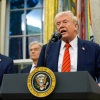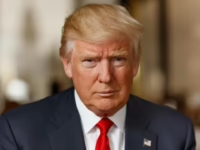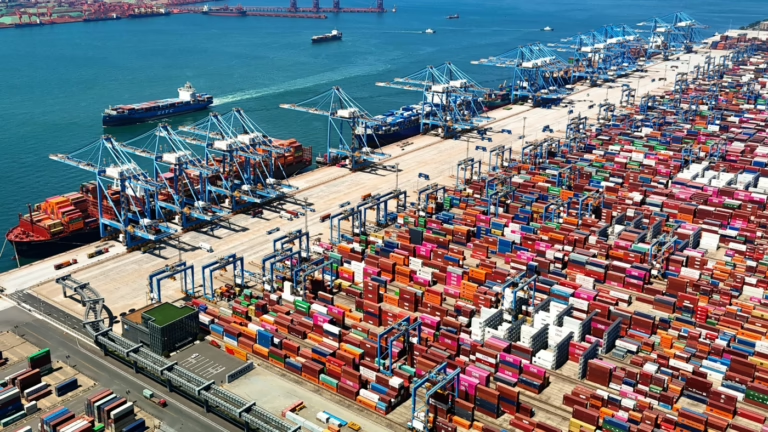Aerial perspective of a container port in Qingdao, located in eastern China’s Shandong province, captured on June 6, 2024.
AP/CHINATOPIX
hide caption
toggle caption
AP/CHINATOPIX
BEIJING – On Sunday, China firmly rejected President Donald Trump’s threat to impose a 100% tariff on Chinese imports, urging the United States to settle disputes through diplomatic dialogue rather than intimidation tactics.
In an official statement released by the Commerce Ministry, China reiterated its consistent position: “While we do not desire a tariff conflict, we are fully prepared to face one.”
This marked China’s initial formal response to Trump’s announcement to double tariffs by November 1, a move triggered by China’s recent restrictions on rare earth exports-materials essential for a broad spectrum of consumer electronics and defense technologies.

The escalating exchange jeopardizes a potential summit between Trump and Chinese President Xi Jinping, threatening to unravel the fragile ceasefire in the ongoing trade conflict, where tariffs from both nations briefly surged beyond 100% earlier this year.
Since his inauguration in January, Trump has increased tariffs on imports from numerous trading partners to extract favorable trade terms. China remains one of the few countries standing firm, leveraging its significant economic influence.
The Commerce Ministry criticized the U.S. approach, stating, “Repeatedly resorting to the threat of steep tariffs is not a constructive method for managing Sino-American relations.” The statement, framed as responses from an unnamed spokesperson to media inquiries, emphasized the importance of resolving issues through negotiation.
China warned that if the U.S. persists with its current tactics, it will take decisive countermeasures to protect its lawful interests.
Beyond the tariff threat, Trump also hinted at imposing export restrictions on what he termed “critical software,” though he did not clarify the specifics.
Both countries accuse each other of breaching the spirit of their trade truce by implementing new trade barriers.
Trump expressed on social media that China is “growing increasingly hostile” and accused it of holding the global market hostage by limiting access to rare earth metals and magnets.
The Chinese Commerce Ministry responded by highlighting recent U.S. actions, including expanding export controls on Chinese firms.
Regarding rare earths, China clarified that export licenses will be issued for legitimate civilian applications, while underscoring the minerals‘ strategic military significance.
New Chinese regulations mandate that foreign companies obtain government approval before exporting products containing rare earth elements sourced from China, regardless of where those products are manufactured.
China dominates the rare earth sector, producing nearly 70% of global mining output and controlling about 90% of processing capacity. This dominance remains a critical sticking point in trade negotiations with Washington.
These minerals are integral to a wide array of technologies, from aircraft engines and radar systems to electric vehicles and everyday gadgets like smartphones and laptops. China’s export restrictions have impacted manufacturers across Europe, the U.S., and beyond.
The Commerce Ministry also accused the U.S. of disregarding Chinese concerns by implementing new port fees on Chinese vessels starting Tuesday. In retaliation, China announced it would levy similar charges on American ships.





















